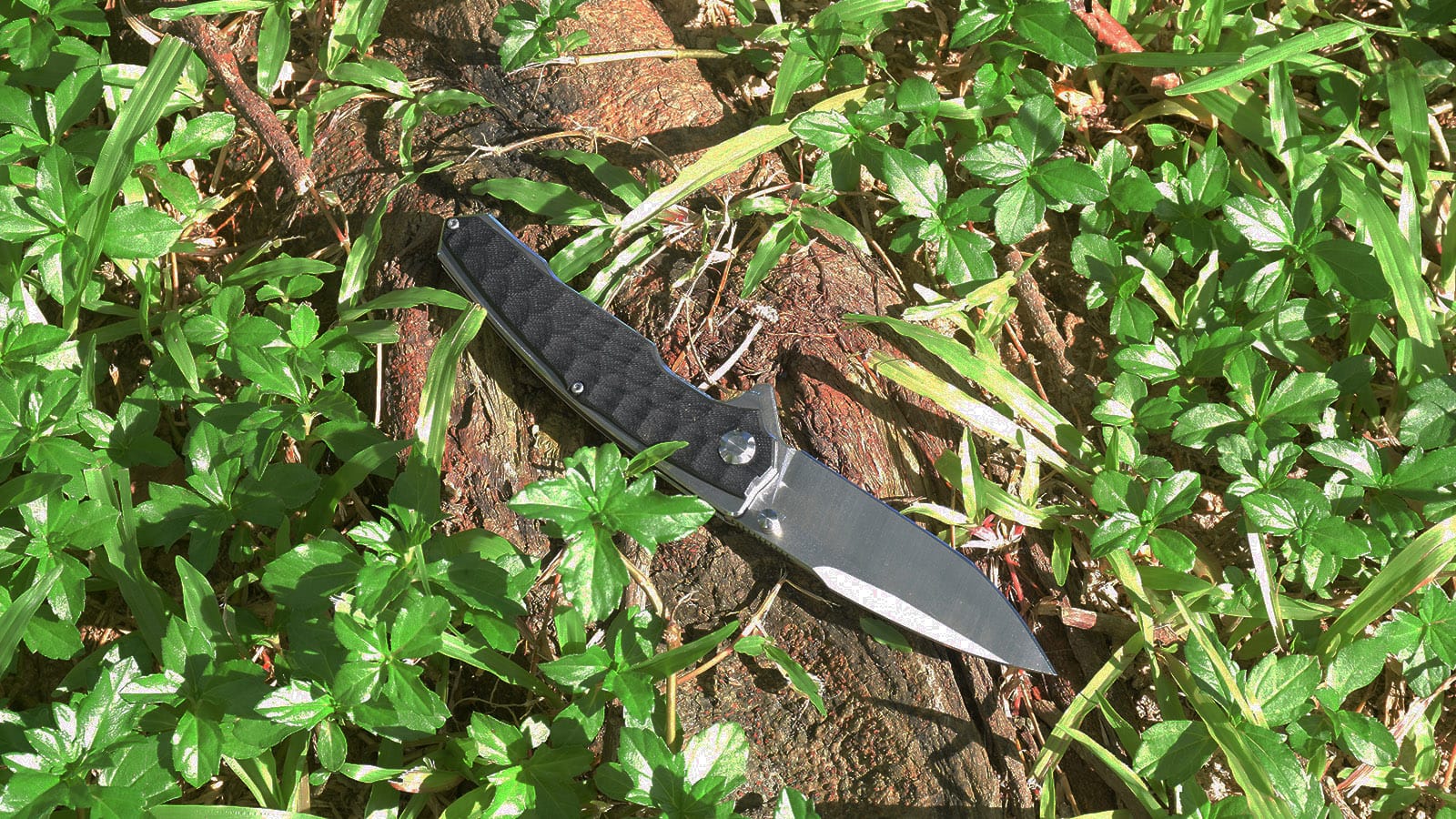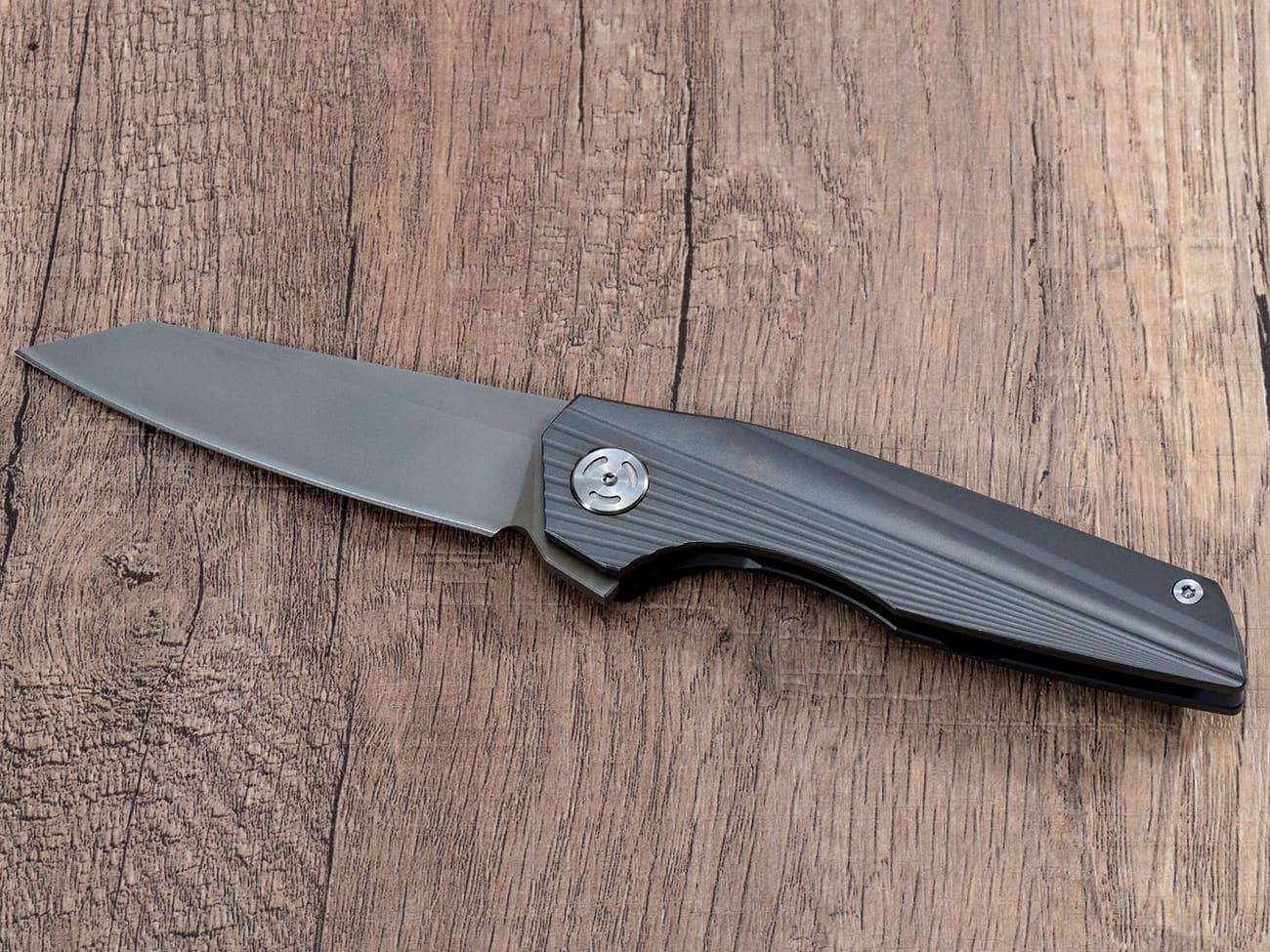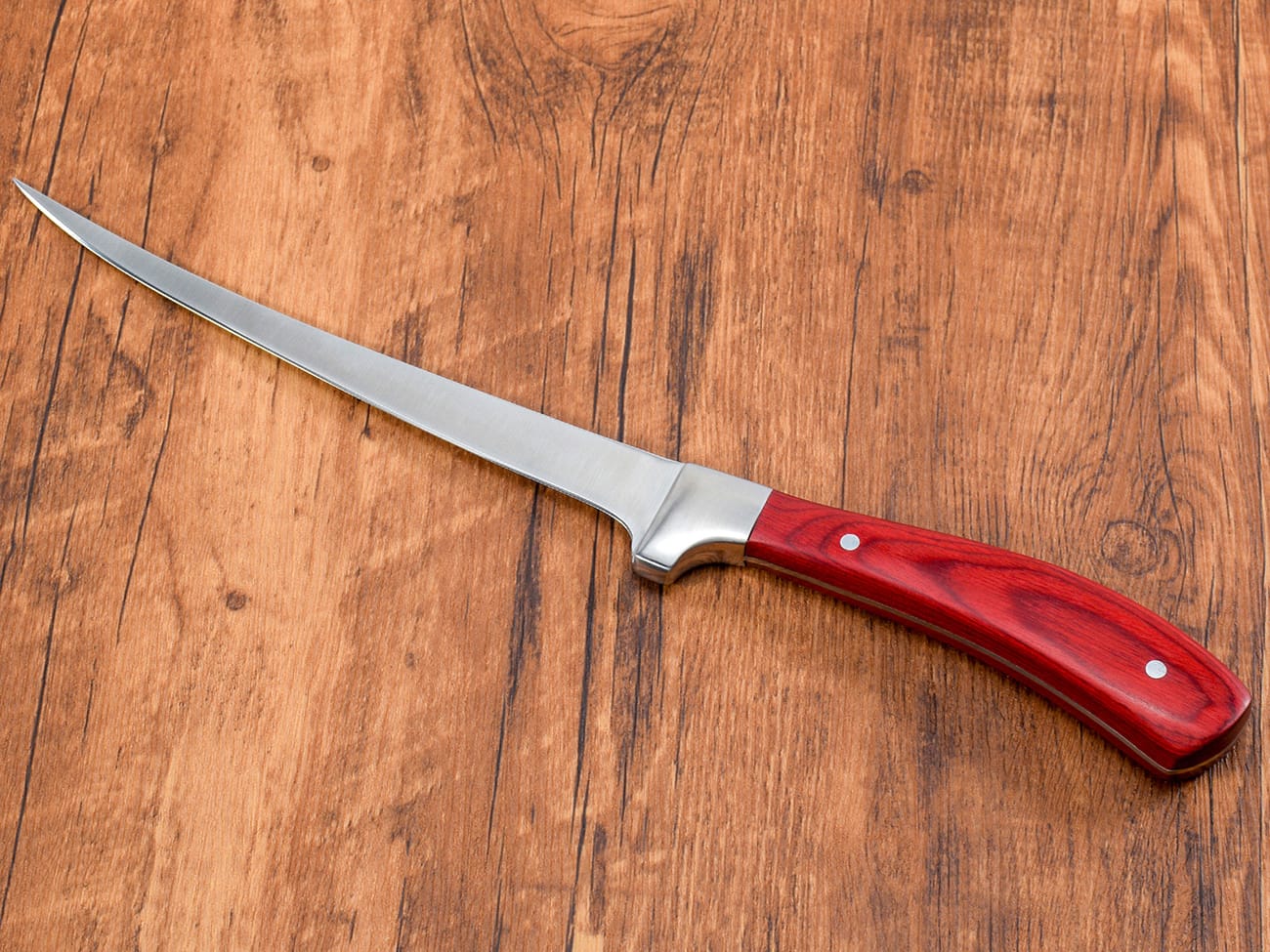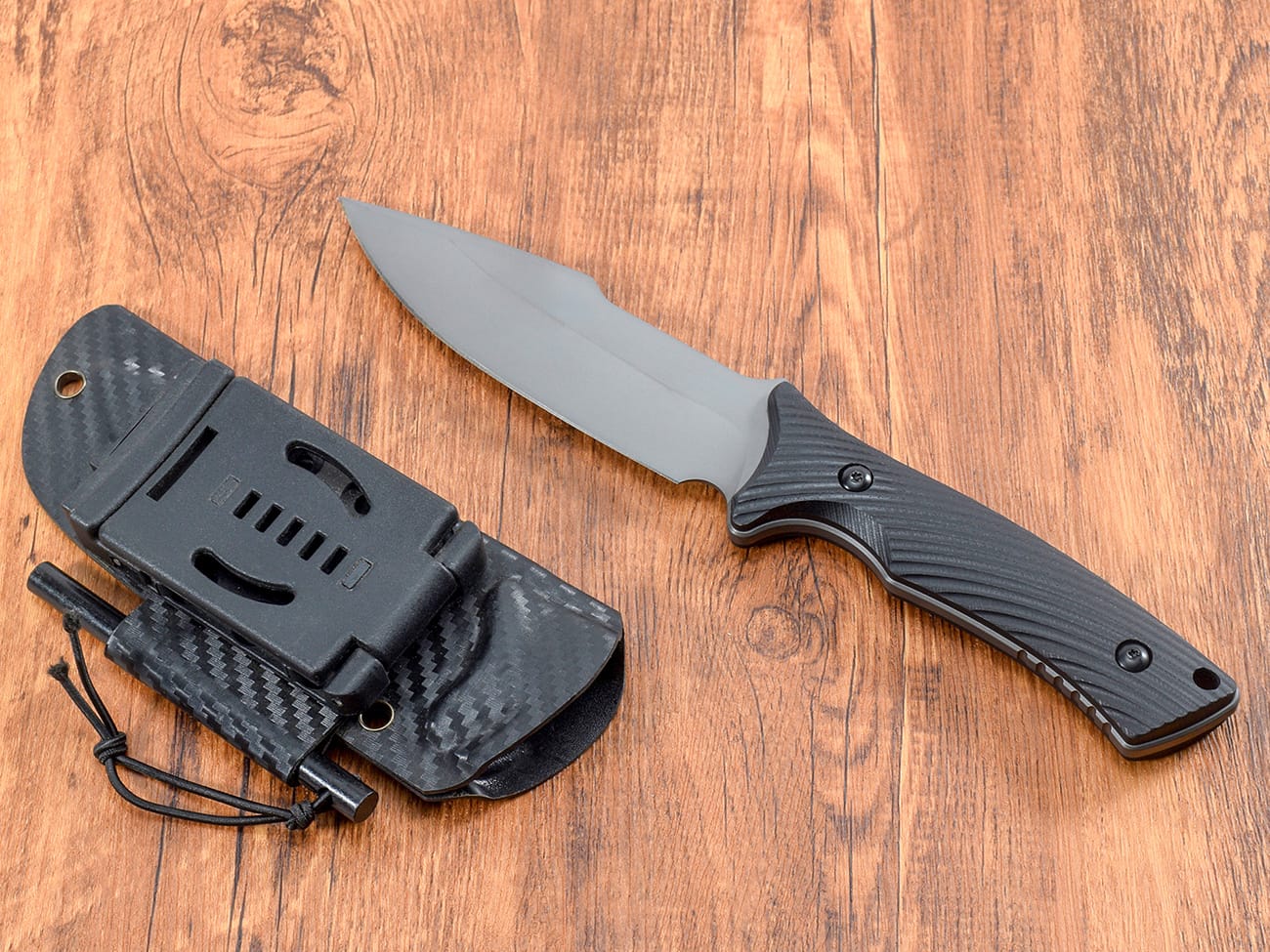Are you interested in knives and wondering how to start making your own? This comprehensive guide will walk you through everything you need to know about becoming a junior knife maker. Whether you’ve never made a knife before or are looking to turn your hobby into a profession, this article covers the essential steps, tools, and knowledge required to begin your journey in the art of knife making.
What Does It Take to Become a Junior Knifemaker?
The path to becoming a knifemaker requires dedication, patience, and a willingness to learn. You’ll need to understand basic metalworking principles, invest in proper tools, and develop specific skills. Most successful bladesmiths start as hobbyists before transitioning into professional custom knife makers.
Essential Tools and Equipment Needed for Knife Making
To start making knives, you’ll need some basic equipment:
- A forge (gas or coal)
- Grinder (belt grinder recommended)
- Heat treating equipment
- Basic hand tools
- Safety equipment
- Proper knife handle materials
Understanding Different Types of Knife Steel
The type of steel you choose will greatly impact your knife’s performance. As a beginner, start with:
- High carbon steel
- Tool steel
- Stainless steel options

Custom damascus folding knife with premium materials and craftsmanship
How Do You Design Your First Knife?
Before making your first knife, consider these aspects:
- Purpose of the knife
- Blade shape and size
- Handle design
- Lock type selection
Learning the Basic Techniques of Bladesmithing
Key skills to master include:
- Stock removal method
- Proper heat treating
- Grinding techniques
- Handle fitting
- Understanding knife types
Where Can You Learn Knife Making?
Several resources are available for aspiring knifemakers:
- American Bladesmith Society courses
- Local bladesmithing workshops
- Online tutorials and forums
- Apprenticeships with experienced knifemakers
Safety Considerations in Knife Making
Safety should always be your top priority:
- Proper ventilation
- Eye protection
- Heat-resistant gloves
- First aid knowledge
- Proper workspace setup
How to Join the Knife Making Community?
Connect with other knifemakers through:
- Knife forums
- Social media groups
- Local knife shows
- Custom knife making events
Marketing Your Custom Knives
Once you’ve developed your skills, consider:
- Building a portfolio
- Creating a social media presence
- Attending knife shows
- Developing a unique style
Common Mistakes to Avoid as a Beginner
Watch out for these common pitfalls:
- Rushing the process
- Skipping safety precautions
- Poor heat treating
- Inadequate edge geometry
- Using improper materials
Key Points to Remember:
- Start with simple designs and basic materials
- Focus on mastering fundamental techniques
- Always prioritize safety
- Join the knife making community for support
- Practice regularly and be patient with your progress
- Document your journey and learn from each project
- Invest in quality tools as you develop your skills




